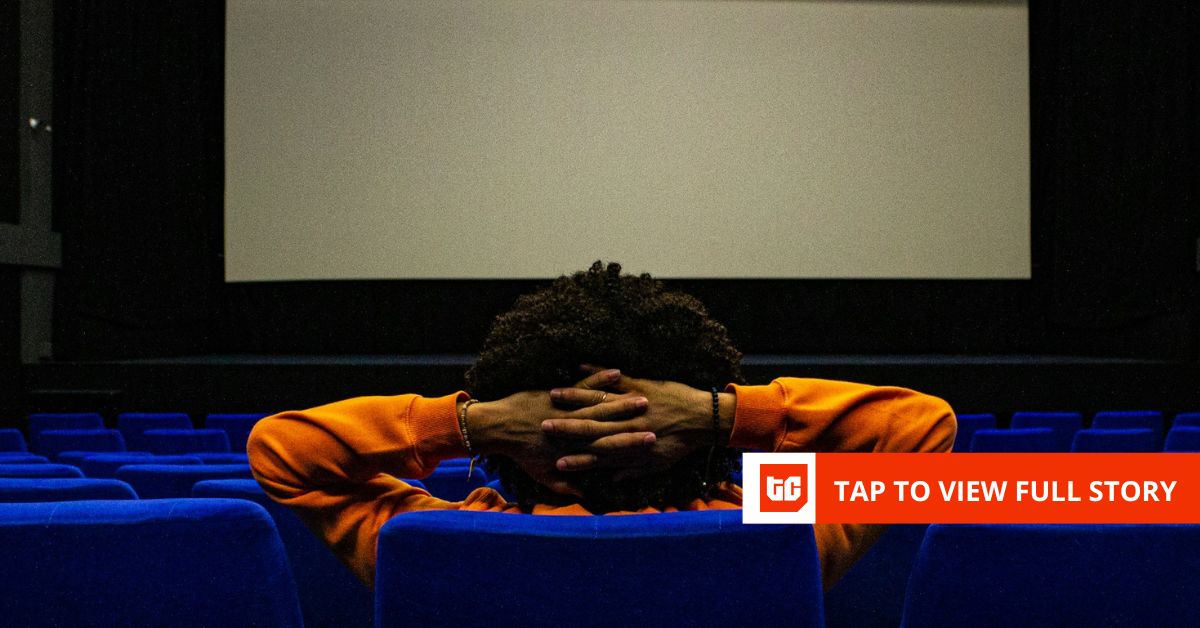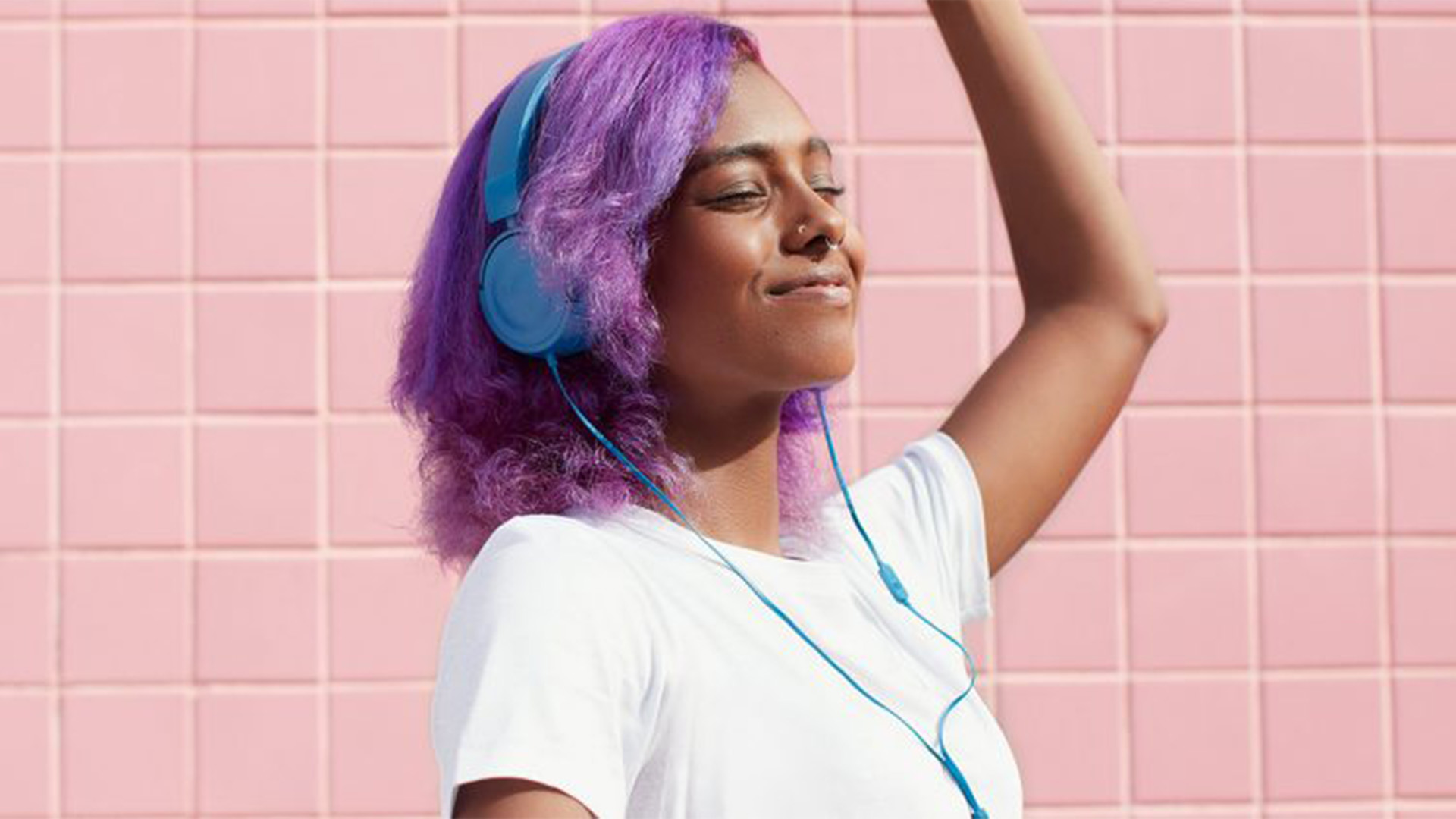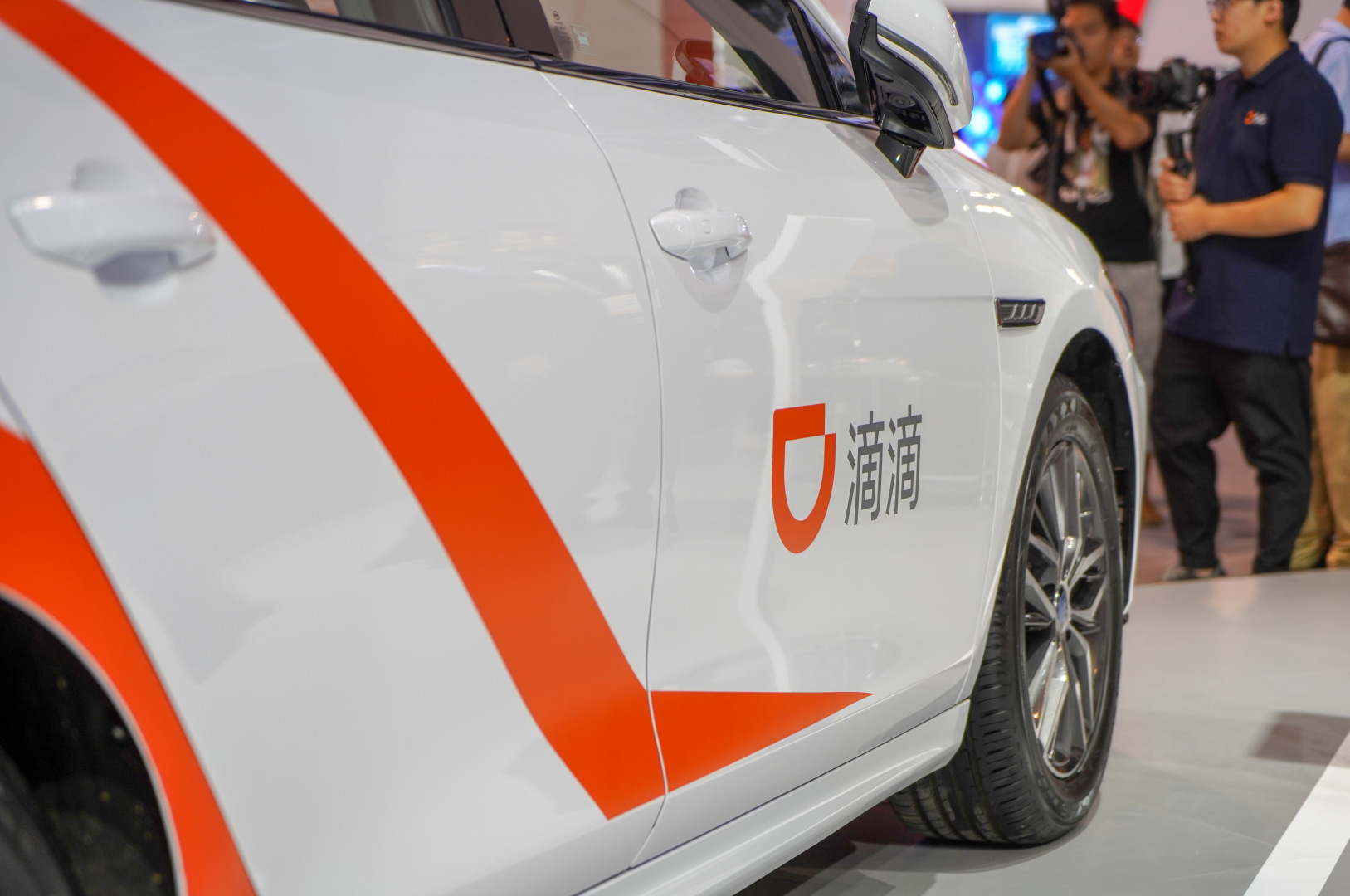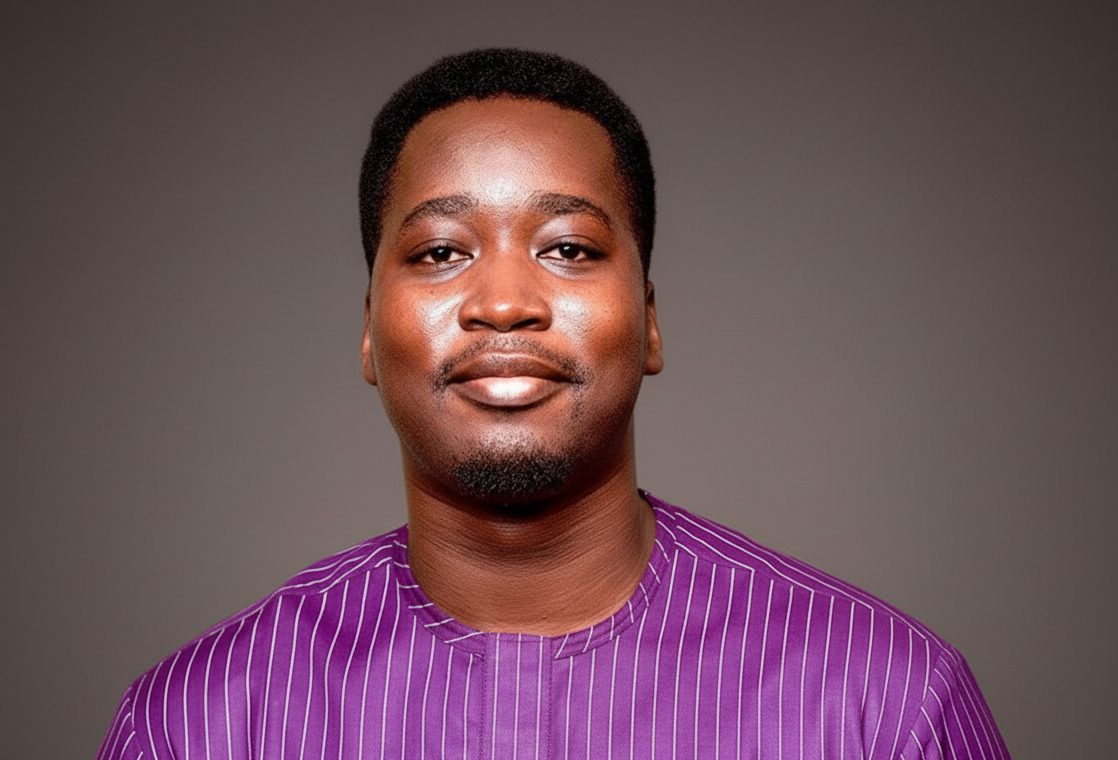Filmmaking is expensive. Crews, costumes, actors, and production sets quickly push budgets beyond the reach of many African creators. But with generative AI tools, filmmakers like Obinna Okerekeocha, founder of the Naija Artificial Intelligence Film Festival (NAIFF), are finding new ways to cut costs and break barriers.
A 2024 survey by DLA Piper Africa of Nigerian film and television professionals found that 35% already use generative AI tools in their work, and another 35% were considering adoption.
Okerekeocha began experimenting with RunwayML and Midjourney for video and images in 2022, when generative AI tools began gaining widespread attention. Then he realised that artificial intelligence was not just a toy. It could be a new canvas to inspire more creative work. Out of that conviction, the NAIFF was born.
“AI is going to kick everyone’s ass,” he recalls thinking. “ AI is really going to be the next big thing.”
But the realisation wasn’t just the novelty of generating new images. It was the sense of possibility: a tool that could cut through the bottlenecks of filmmaking in Africa. In 2023, the continent’s film and audiovisual industries generated $5 billion and employed 5 million people, with the potential to quadruple both jobs and revenues. However, the film sector remained constrained by infrastructure, shortages of skilled professionals, and limited financing.
With NAIFF, Okerekeocha wants to build a film festival like France’s Cannes Film Festival and Canada’s Toronto International Film Festival to champion AI filmmakers in Africa while promoting a new era of cinematic innovation.
The festival, scheduled for September 13, 2025, in Lagos, Nigeria, aims to answer a pressing question: what happens when African storytellers, traditionally excluded from big-budget filmmaking, gain access to innovative cinema tools?
In its debut year, the festival has received over 490 submissions from across the continent and beyond. Nigeria, Mali, Côte d’Ivoire, Senegal, and Cameroon are all represented. They also plan to include a more global showcase of AI films from Latin America, the U.S., and Europe.
What about pushback from other creatives?
Among African creators, AI tools can bring suspicion and discontent. There is a growing concern that these generative AI tools will displace human imagination, take jobs, and plagiarise artists’ work without credit.
“Traditional filmmaking is not going anywhere,” Okerekeocha says of these concerns. “Human imagination isn’t going anywhere, but AI empowers you to do better work. In practice, this can mean: using AI to visualise sets, clean noisy audio, replicate colour grading across scenes, or remove a background in seconds instead of hours or weeks.
Still, ethics cannot be ignored. Much of the global controversy comes from how AI models are trained, often on datasets scraped without consent. On September 5, Anthropic, one of OpenAI’s main competitors in generative AI, agreed to pay $1.5 billion to settle a lawsuit filed by authors who claimed the company had illegally accessed their books to train its models.
The Naija AI Film Festival is trying to confront these concerns of AI use, datasets, and consent directly. Its programming includes panels devoted to the ethical use of AI in film, from attribution and fair compensation to the dangers of deepfakes. Classes within the AI filmmaking community also emphasise “AI for good,” encouraging members to embrace inclusivity in their creative work.
Another key concern is that these generative AI models are often trained with datasets that are more biased towards Western perspectives, which can lead to misrepresentation and oversimplification of African experiences and realities. Okerekeocha hopes NAIFF can help overcome this over the years by supporting African-built tools and models trained on local languages, voices, and cultures rather than entirely relying on Western-trained tools.
Dreaming the future of African storytelling
Soft power can be built through storytelling. Just as Hollywood projected the United States’ global image, Okerekeocha sees a chance for generative AI tools to help Africa craft its own narrative. He describes AI as a way for Africans to “dream the future we want to see.” That could mean futuristic skylines of African cities in 2050, or alternative histories of African kingdoms in the 19th century.
“Perception is stronger than reality,” he says. “When you imagine yourself in the future, you start working towards it.”
The festival aims to connect filmmakers, policymakers, prompt engineers, and visual artists to explore how to dream and build the future of filmmaking. Beyond Nigeria, the festival plans to rotate across different African cities to create a more connected African AI filmmaking community.
Over the next five years, Okerekeocha wants to train thousands of African AI filmmakers, build platforms that can incubate startups and founders building technical tools for Africa’s creative industry, and see AI-generated films cross into traditional cinemas. The plan is to empower Africans to take a more prominent role in the AI creative space.
“This is in perpetuity,” he adds. “It’s our life’s work.”
Mark your calendars! Moonshot by is back in Lagos on October 15–16! Meet and learn from Africa’s top founders, creatives & tech leaders for 2 days of keynotes, mixers & future-forward ideas. Get your tickets now: moonshot..com











